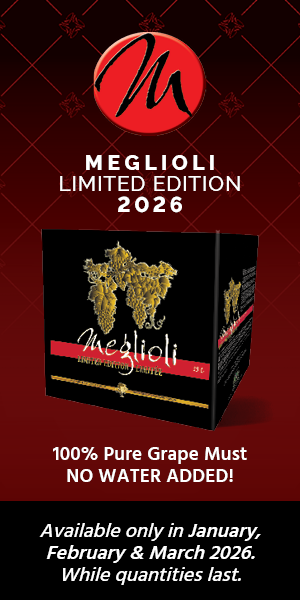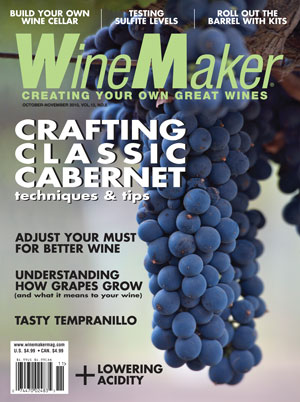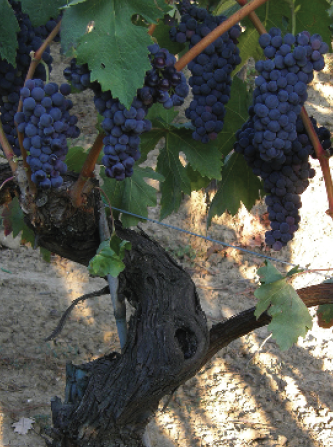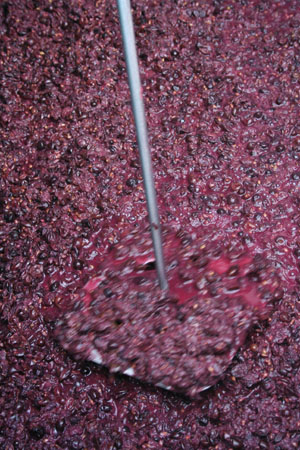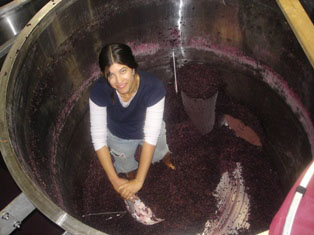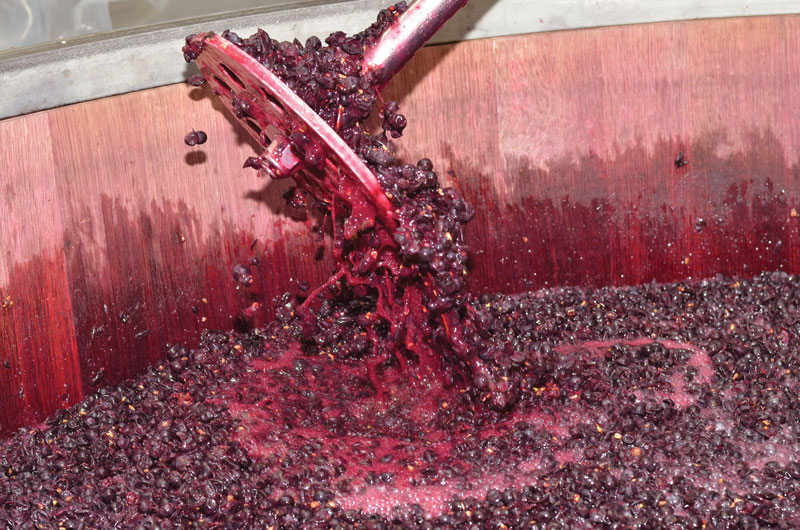Oct-Nov 2010
Tempranillo: Spanish nobility
Tempranillo is the predominant black grape variety from the northern wine region of Spain we know as the Rioja, and other regions of the Iberian Peninsula.
Would you recommend using dry ice to control the temperature of must?
Dry ice can be a tremendous help for small-lot winemakers in the grape or must stage. Dry ice is really just frozen carbon dioxide gas and will cool the air (or liquid)
Creating a Balanced Must
There are three elements that are critical to have balanced in a must: pH/TA, structure and sugar. Each of these elements has a direct influence on the quality of the finished wine
Cold Soaking: Tips from the Pros
Melissa Burr, Winemaker at Stoller Vineyards in Dayton, Oregon. Melissa was raised in the Willamette Valley and, after completing her BS degree, studied winemaking at Chemeketa Community College in Salem, Oregon, and
